2008 Health Net Camp: Quality versus quantity
Health Net presented by Maxxis' newly promoted team director Mike Tamayo validated the team's...
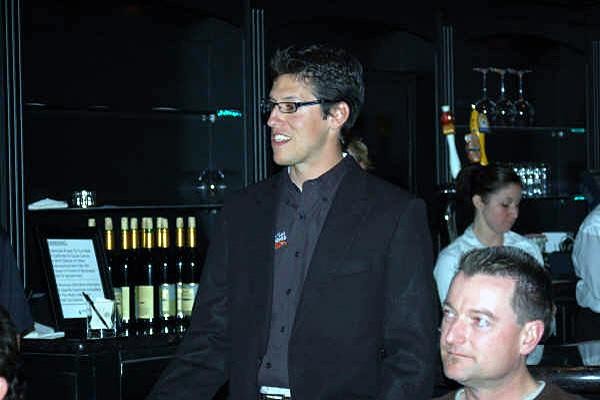
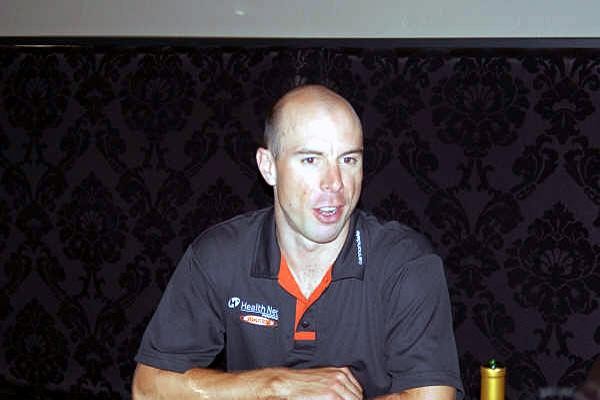
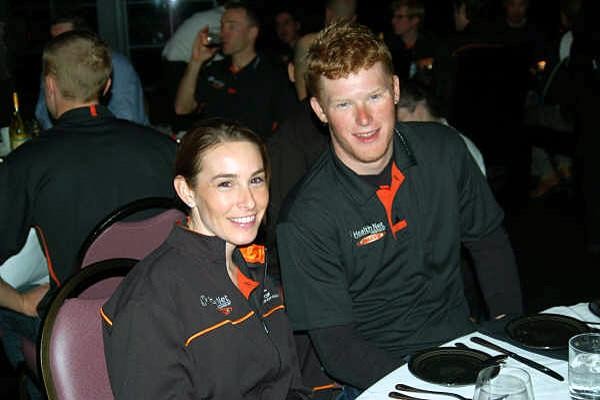
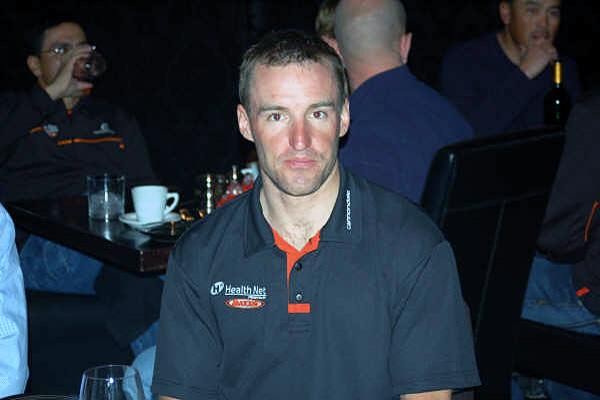
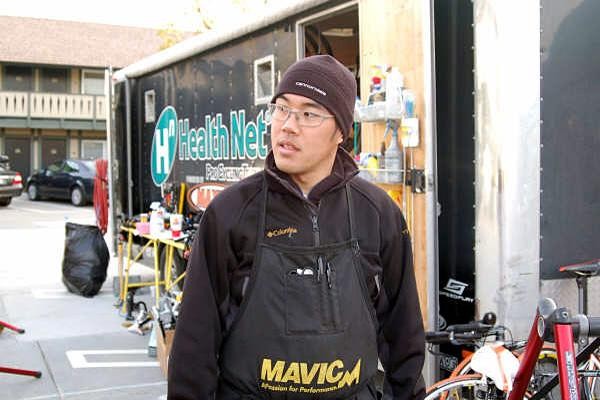
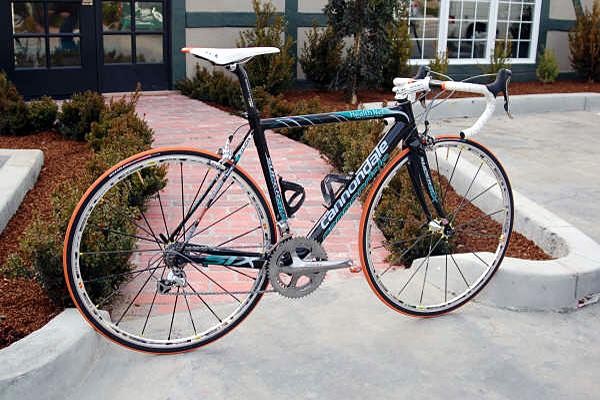


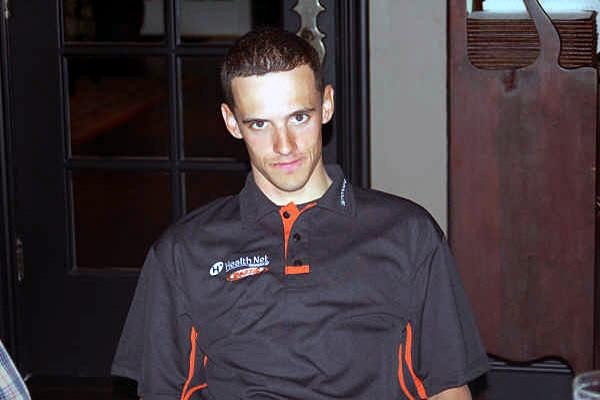

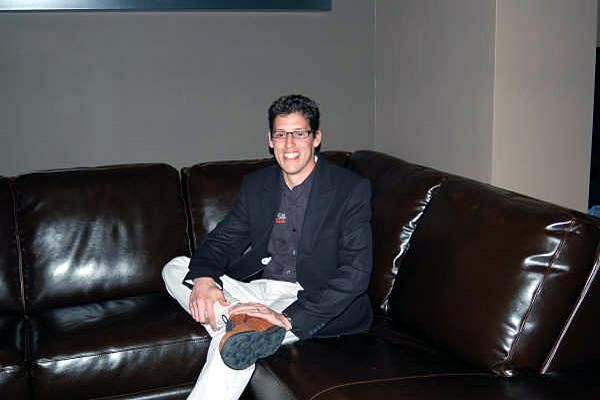
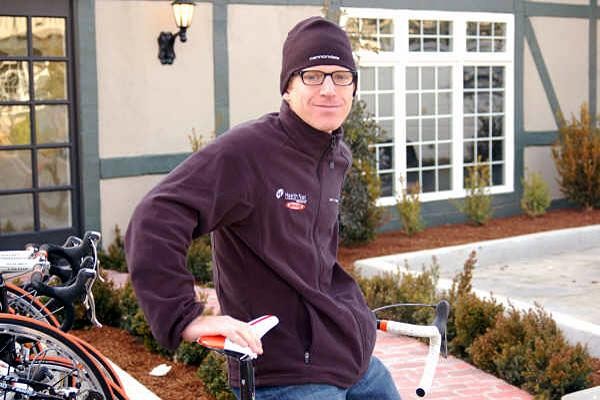
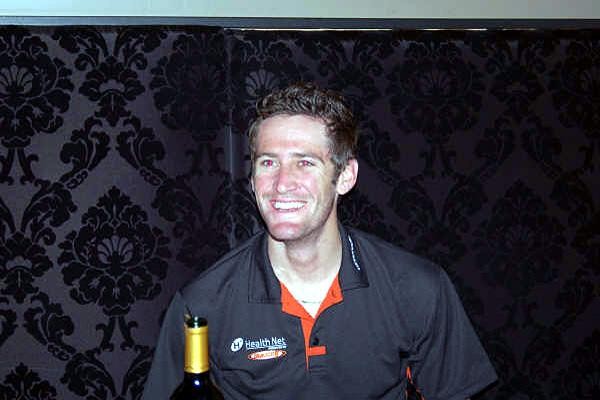
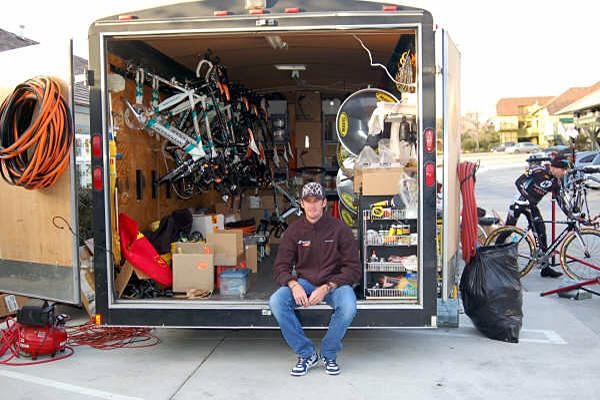
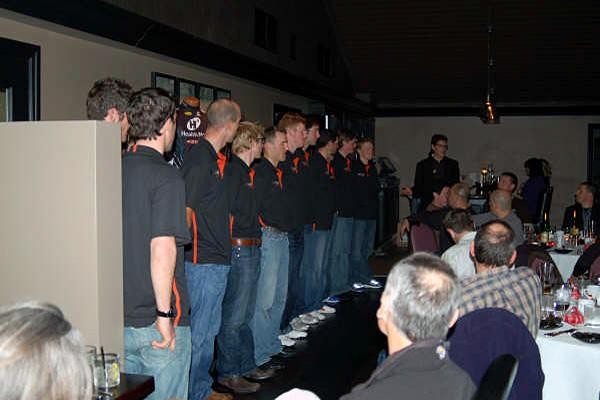
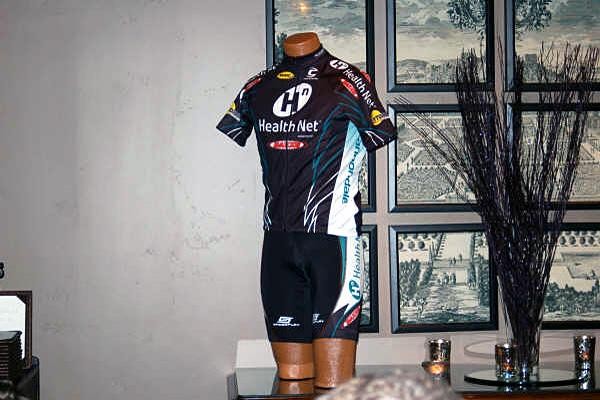
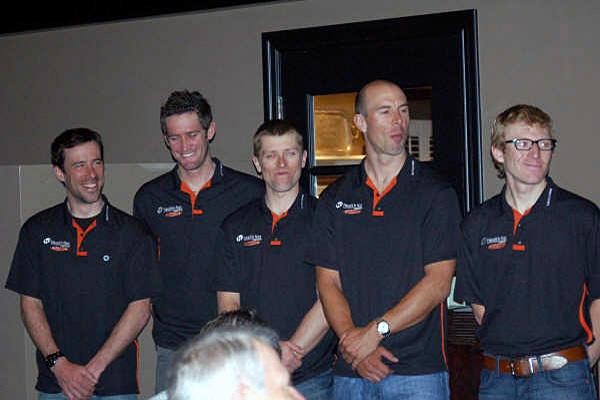
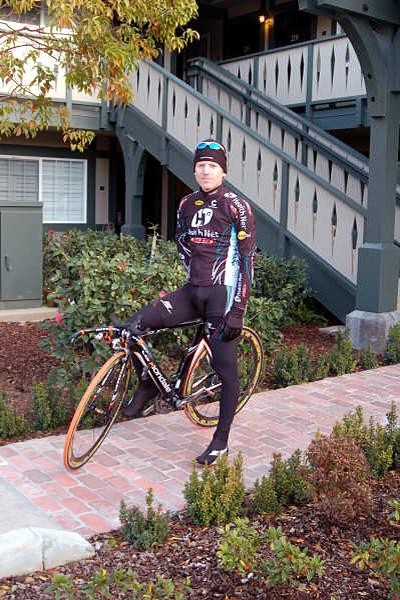
Tales from the peloton, February 21, 2008
Health Net presented by Maxxis' newly promoted team director Mike Tamayo validated the team's rumoured budget cutbacks at their recent seven-day training camp held in Solvang, California. Stretching a dollar might seem an anomaly for the four-time NRC championship team because they previously supported a lengthy image of high-class status on the American cycling scene. However, Cyclingnews' Kirsten Robbins joined the camp to uncover that, untrue to hearsay, the well oiled 'green machine' has experienced little to no setbacks, especially when it comes down to the their high profile athletes, quality equipment and loaded race schedule.
Mike Tamayo noted that his transition into Health Net's director, successor to Jeff Corbett, who headed the team for five years, happened in the midst of the 2007 season, when Corbett began contemplating an unexpected retirement. "My directing role started evolving and progressing last summer," acknowledged Tamayo, regarding his responsibility for the team during several key events. "We talked about it and I took over more responsibilities by the end of the season, to make a smooth transition into being the head director. He was leading the team in the Tour of California and we started the transition from there, so that by the time we finished the last race in the Tour of Missouri, he handed me the car keys and said 'good luck and have a good season.'"
According to Tamayo, his team withstood financial adjustments because of a six-year strong foundation of sponsors, including Health Net insurance, Cannondale and Maxxis equipment. And the riders and staff are not going without the amenities provided when being a part of a professional team. "I say that because last year we were staying at the Ramada and this year we are staying at a winery and spa in Solvang," said Tamayo at his classic team presentation over fine dining and candle-lit ambiance.
"From an equipment perspective our sponsors are solid. How the budget impacted us, yes we had cutbacks, but they are administratively, internally and within marketing. There are ways we were able to tweak here and there, to accommodate for our budget to be able to have the same solid riders and racing schedule – we are still the same Health Net."
The unintended mismanagement of sponsorship dollars in professional cycling happens without notice, especially when the budget only permits the director to be the manager as well. According to Tamayo, what separates himself from the rest is his ability to forecast the season, not necessarily financially, but logistically. "Being able to think ahead about where you need the staff, equipment and riders to go is a big money saver," said Tamayo.
"It means not having to plan and buy last minute travel arrangements. The truth is, it's proper planning. You look at teams in general and I think you could go into a lot of their budgets and see the mismanagement of funds, you could probably clean up and run a couple of other teams off the mistakes. So yes, the organizational side of running a team is my strong suit and we've been able to nail that down this year so that we can run a solid plan to execute what our sponsors want."
Get The Leadout Newsletter
The latest race content, interviews, features, reviews and expert buying guides, direct to your inbox!
Though the team was reduced from fifteen to twelve riders, the core group was maintained to include Tim Johnson, Rory Sutherland, Kirk O'Bee, Karl Menzies, Frank Pipp and Roman Kilun. The team also signed stage race and time trial specialist Phil Zajicek, along with young American talents Matt Crane, John Murphy, Kyle Gritters, Corey Collier and Matt Cooke. "It's one hundred percent more manageable, from fifteen guys to twelve and it's amazing what a difference three guys make," said Tamayo. "They are more laid back and it is easier on the staff. We have guys who can win races, so I'm really excited about this team. We give them really specific schedules with the amount of racing that they need to make for high quality performances."
Sunshine greeted the dozen riders at the Handsted Inn and Spa to enjoy long days in the saddle in preparation for the upcoming Tour of California. Visits to local schools and being fitted on their team-issued Super Six Cannondale's filled up their non-training hours. Training hours included multiple test runs on the stage five time trial course, climbing over Figaro Mountain, lengthy rotations and lead-out drills. "The guys are solid across the board," said co-captain Rory Sutherland, a leader who values his role in helping the younger athletes. "We have more depth in strength than we had last year and it could be a defining year for the young guys -- I'd like to see what they can come up with in a race like the Tour of California,"
The twenty-five year-old cycling 'veteran' continued to say that, "I don't expect myself to be a role model to them and I don't know everything, that's for sure. But I've seen a lot of things and I've had a lot of experiences in bike racing. I like working with the younger guys and I like for them to be happy and to fit in and to feel like this is a place that they want to be. I've seen so many times where the big powerful riders can be intimidating."
NRC times five?
The quickly approaching Tour of California is on every invited domestic squads high priority list to kick off the 2008 season because of its magnitude that provides the sponsors with ample of exposure and an opportunity for riders to compete against the likes of the ProTour teams. ProTour aside, the contention amongst the American teams has evolved and changed from what it used to be.
"The days of one strong super-power team seem to have diminished a little bit and the strength and speed, for the first time in a lot of years, has spread out a lot more," said Sutherland. "There are strong riders in the Bissell, Toyota-United, BMC and Rock Racing [teams] and our team, too. The dynamics of racing have increased and that is a good and a positive step because it means we aren't racing one group of riders in particular, instead everyone is racing everyone, giving more opportunity."
Though the team has no specific goal of winning the NRC series for a fifth season, co-captain Tim Johnson acknowledged that if opportunity knocked they would stretch their legs once again. However, with the strength of the American peloton on the rise, winning the NRC has been increasingly more difficult from previous years.
Tamayo elaborated on his vision of Health Net being a team that just likes to win bike races. "I'd like to be a more dominant force with more consistency," said Tamayo. "I'm looking forward to that. We have a really good team with guys like Frank, Karl, Rory and Tim, and now Phil. We also have solid younger guys like John Murphy, Matt Crane, Matt Cooke, Corey Collier. That's something I enjoy personally, I enjoy finding talent and make that talent show off and shine so it's a personal goal of mine to see these guys gain some success.
Perhaps the most important quality Health Net has maintained as their secret to a successful team is the healthy relationship between the team-mates. "We are all really good friends off the bike – that's what was winning us races" said Sutherland. "It really is about being friends; we know each others girlfriends and wives and we hang out with each other. Everyone is always welcome and that's what we want to teach the younger kids. If your going to work for someone in a race, think about working for someone you respect, who's your friend and your going to go that little bit extra. And if we are missing in some departments we are going to go that little bit extra because of our friendships."
For the full roster, see the Cyclingnews teams database.